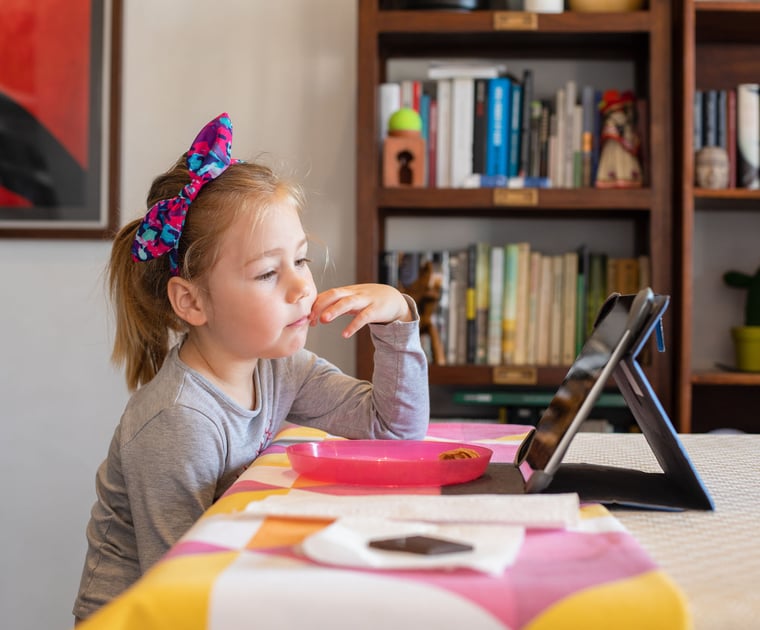Launched in 2012, the UK government Girls’ Education Challenge (GEC) is an ambitious twelve-year initiative aiming to provide the world’s most marginalised girls with quality education.
Programme

UNESCO Associated Schools Network
Launched in 2012, the UK government Girls’ Education Challenge (GEC) is an ambitious twelve-year initiative aiming to provide the world’s most marginalised girls with quality education.

Girls’ Education Challenge
Launched in 2012, the UK government Girls’ Education Challenge (GEC) is an ambitious twelve-year initiative aiming to provide the world’s most marginalised girls with quality education.

Solutions to our water problems Intergovernmental Hydrological Programme
Uniting the world’s leading water scientists, UNESCO’s Intergovernmental Hydrological Programme (IHP) is all about finding solutions to the world’s water issues.

UN Action Plan on the Safety of Journalists
The right of journalists to report freely and safely is a central tenet of freedom of expression and access to information.

Media and Information Literacy and Ofcom
Media and Information Literacy (MIL) is about us all having equal access to media and information, knowing how to use and interpret the information and media we engage with and understanding our rights.

Defending Media Freedom
Launched jointly by the UK, Canada and UNESCO in 2019, the Global Media Defence Fund is the first of its kind and will support, train and provide legal support for journalists in the most dangerous parts of the world.

